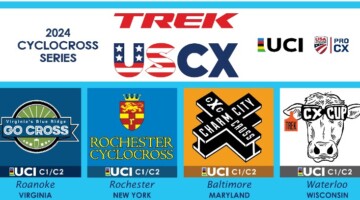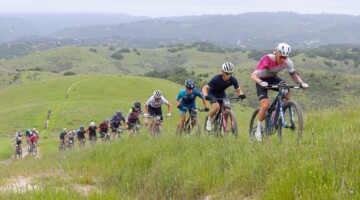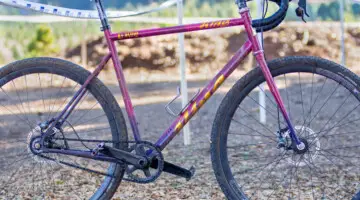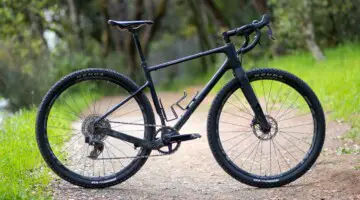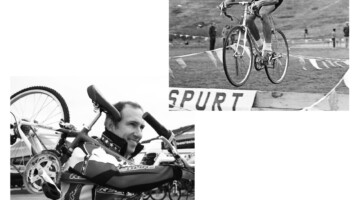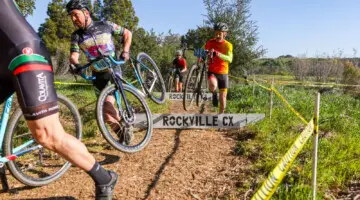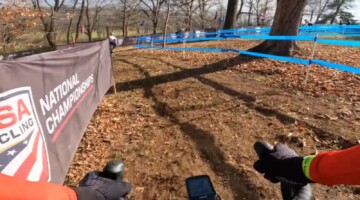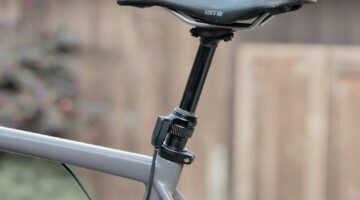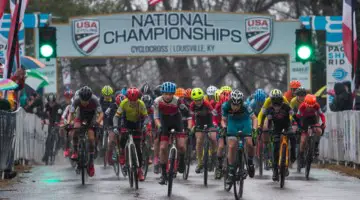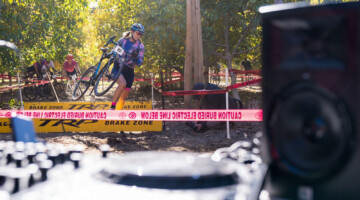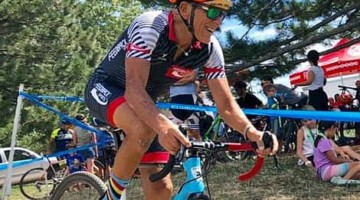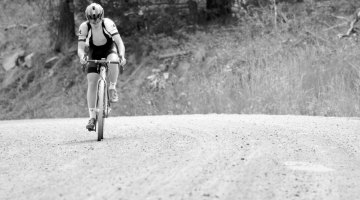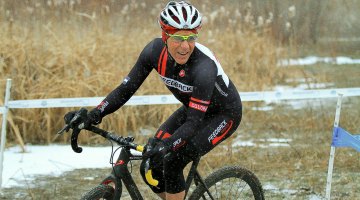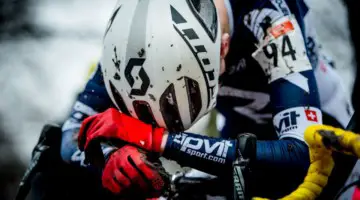Trust seems to be the theme for the week. Coach Chris Mayhew wrote about trusting your training in our most recent Training Tuesday piece on tapering, while columnist Lee Waldman weighs in today on the same topic with his advice on dealing with the all-too-common self doubt, and gives us a helpful reminder that athletic performance depends on far more than legs and lungs.
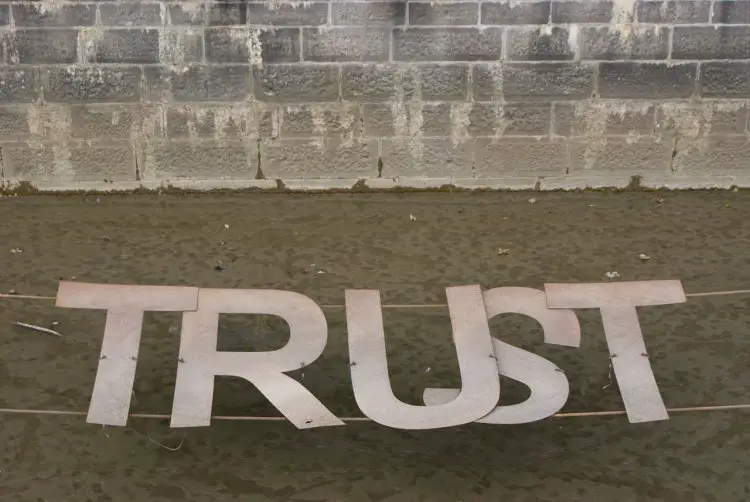
Trust isn’t discussed much in athletics, but it plays a key role in your performance. photo: Jan Mennens
A word that rarely appears in articles about sports, is “trust”, but it’s a critical concept in athletic performance and one that I’ve been grappling with lately. If you’ve followed my columns over that last few years you’re probably well aware of the list of challenges I’ve been presented with. Hamstring injuries and hit-and-runs are not something to sneeze at, but they were things that I was forced to deal with. They could have been devastating, and for a period of time they were. Seeds of fear and doubt crept in and, for a time, poisoned my racing and training experience.
In competitions, and in life, that’s a dangerous, dark road to travel. It can lead to negativity at best or retirement at “worst.” Why quit something that you love if you’re not quite ready? I continued racing because I was afraid that if I didn’t, I’d be giving in to those outside forces pushing me towards quitting. I’d lost trust in myself, in my training plan and in the long, slow healing process.

Looking for the light at the end of the tunnel? Trust is key. photo: Tom Hilton
We’ve all faced challenges; that’s precisely why I thought that this might be a good time to talk about them. When we are, the question becomes: How do we confront these potentially career-threatening challenges? Do we face them in the same way that we would, a problem that might only impact a single race, one portion of a season, an entire season? Some of the solutions remain the same no matter what the challenge is, some vary. But, trust is something that must transcend every problem and become part of every “solution.” Without it, in my humble opinion, we are doomed to continue to struggle, at best, and fail, at worst.
Stepping Up Your Mental Game
This is where the mental game becomes important. We all slog through the physical part of training in order to remain competitors (notice, I didn’t write competitive, but competitors), but then there’s the mind games we need to play that are equally as important. Who are we? Do we believe that our abilities are limited, that no matter how hard we work, there’s nothing we can do to change that? Or, are we that athlete who sees every setback simply an opportunity to grow and improve?
How we answer those basic questions determines, to a large extent, what our level of improvement might be. Those of us who look at roadblocks as growth opportunities are more likely to trust in the process of healing and recovery. If we see our abilities as set in stone, unalterable, then there is no room for a comeback and therefore no reason to trust those around us who tell us that we can recover. As older athletes, myself included, we tend to juggle more balls. Injuries, aging bodies that don’t recover as quickly, and family pressures can all push us past the point of trusting in the process. Some of us keep going; seeing in our mind’s eye that pot of gold at the end of the training and recovery rainbow. We’re confident that we’ll get there. We trust the process.
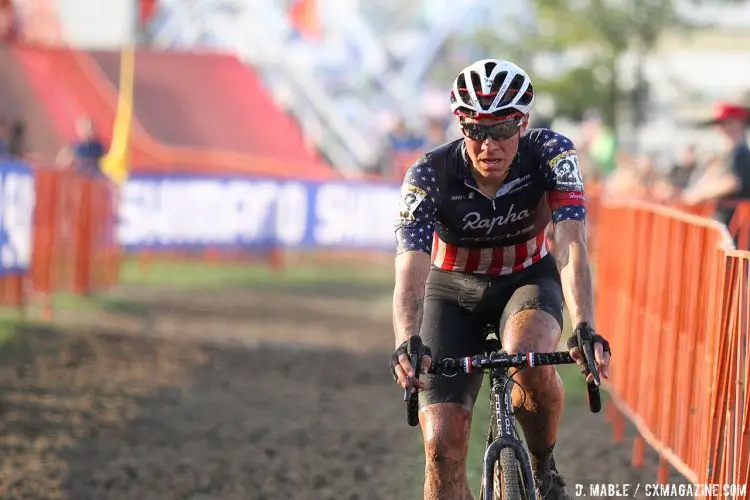
Powers with a rough day at work. 2016 Jingle Cross World Cup, Elite Men. © D. Mable / Cyclocross Magazine
This is not a problem that’s strictly confined to the over 30 crowd. Look at Taylor Phinney and his devastating broken leg, or Jeremy Powers who struggled through injury and sickness to finish 43rd at Jingle Cross, but bouncing back to second in Charm City. Katie Compton is famous for pushing through devastating leg problems and allergies that have plagued her career. Yet she hasn’t packed it in and this season, she keeps on winning. What drives these athletes? What have they done? I can only imagine, not having had the opportunity to speak with them face-to-face, that trusting in their coaches and in themselves had something to do with it. I wonder if Matthew van der Poel is struggling with the same fears and anxieties right this moment as he recovers from double knee surgery. Based on his first races back, it seems as if he hasn’t lost that edge. Trust is the key!
“Learning to trust is one of life’s most difficult tasks.” -Isaac Watts
You might say, “Lee, it’s easy to simply say ‘Trust in yourself and trust in the process’ but much more difficult to actually put that in to practice.” It’s true. Words and actions are two entirely different things. And that’s where it gets difficult, maybe even impossible. Because, we need to make a choice here. Do we believe that opportunities are only limited by our capacity to work? Or, are we of the mindset that our opportunities are limited by some force outside of our control? There’s only one person who can answer that question, and you know who it is.
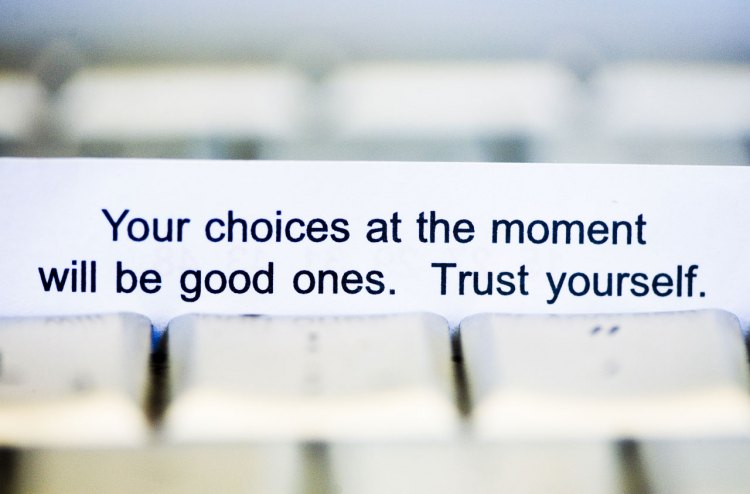
You don’t need a fortune cookie to remind you of what you already know. photo: Thomas Hawk
I can only suggest that you trust in yourself, in the work you’ve done, in the skills that you’ve developed and in your desire to be a cyclocross athlete. If you do that, you are a winner no matter what the results are, and you’ll be successful because of that trust.
Now go ride your bike. Trust me, you’ll enjoy it. Thanks for reading.

